Cognate vs Non-cognate. What does it even mean?

If you’ve been exploring careers in real estate, surveying, or planning, you may have stumbled across the terms “cognate” and “non-cognate.” But what do they actually mean and why do they matter? Let’s break it down.
First, What Is a “Cognate”?
In career terms, a cognate is someone who is either studying towards or has already completed a degree that is accredited by the RICS (Royal Institution of Chartered Surveyors) or RTPI (Royal Town Planning Institute). These are typically degrees in:
- Real Estate
- Town Planning
- Quantity Surveying
- Urban Design
- And similar property-related disciplines
This puts you on a clear, structured academic path into the real estate or planning professions. You’ll have already covered much of the content required to start the Assessment of Professional Competence (APC) for RICS or the Licentiate/Chartered pathway for RTPI.
In short: you’ve got a head start.
Typical roles for cognates:
- Surveyor - Valuation, Building, Quantity, Commercial, Development, Rural
- Planner - Town, Development, Regeneration, Policy, Environmental, Transport
So Then, What’s a “Non-Cognate”?
A non-cognate is someone who doesn’t have an RICS or RTPI-accredited degree - but still wants to pursue a career in the real estate industry.
Think degrees like:
- Geography
- Business Studies
- Economics
- Engineering
- English Literature
- Art & Design
Or maybe you didn’t go to university at all. The good news? That’s no longer a barrier.
The industry is actively opening up and welcoming people from diverse academic and professional backgrounds. Why? Because real estate isn’t just about buildings - it’s about people, places, and possibilities. Diverse minds help shape better, more inclusive environments.
Many real estate employers will sponsor non-cognates to complete a master’s degree alongside their graduate scheme to help them qualify for chartership with RICS or RTPI. This can be a challenging juggle, balancing full-time work with postgraduate study isn’t easy, but it’s also hugely rewarding. You’re applying what you learn in the classroom directly to your day-to-day work, surrounded by experienced professionals who can support and guide you every step of the way.
You’re not doing it alone, and the learning curve, while steep, becomes a launchpad for real career growth.
Graduate schemes for non-cognates can lead to:
- Surveyor - Valuation, Residential, Commercial, Rural
- Planner
- Project Manager
Apprenticeships are also a strong route:
Whether you're coming from school, college, or university, you can enter the profession via property apprenticeships and earn while you learn. Read more about apprenticeships here (link to apprenticeship article)
Non-cognates also thrive in business support roles like:
- Marketing
- Human Resources
- IT & Data
- Finance
- Operations
- Client Services
Cognate vs Non-Cognate: Which One’s Better?
It’s not about better or worse, it’s about what works for you.
A cognate pathway may offer a more direct route into becoming chartered, which can be great if you know from early on that you want to pursue a career in real estate. However, if you really want to pursue another academic interest, or already have a non-property degree, the non-cognate journey could be for you, helping you to bring fresh perspectives from other industries or disciplines.
The real estate sector is evolving fast. Employers are now just as interested in your curiosity, communication skills, problem-solving mindset, and willingness to learn as they are in your degree title.
Final Thoughts
Whether you're a cognate or a non-cognate, there’s a place for you in real estate. Ultimately, both routes can lead you to the same opportunities. The industry is looking for thinkers, doers, innovators, and collaborators from all walks of life. There really is something for everyone.
If you’re curious, ready to learn, and want to help shape the places around us, the door is wide open.

Similar content
Here's some more articles written just for you.
Sign up
If you want to hear directly from the 12 firms involved in this campaign, sign up here:
Brought to you by trusted real estate experts














